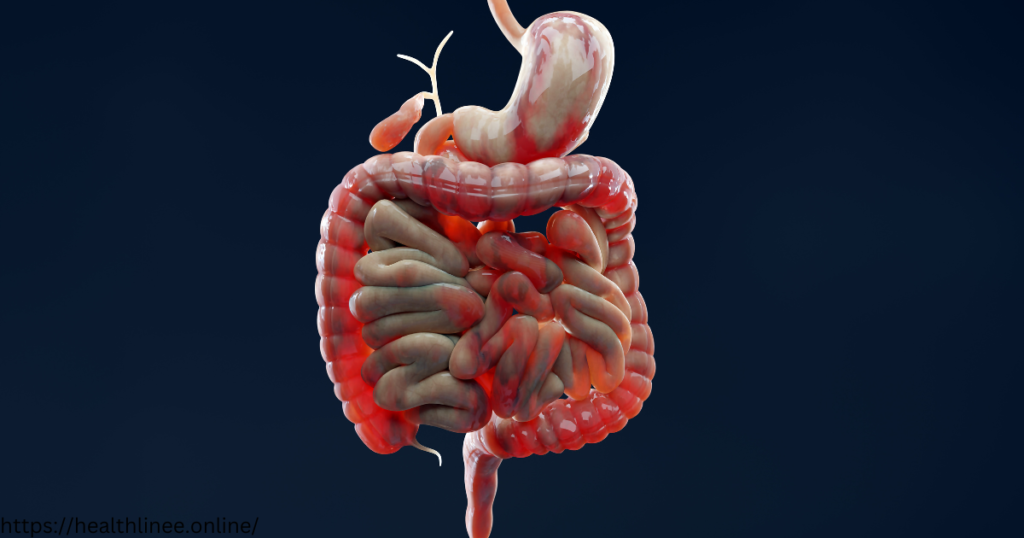Introduction:
Thank you for reading this post, don’t forget to subscribe!Crohn’s disease can be a challenging condition to manage, and living with it can be difficult. However, with the right knowledge and treatment, you can control the symptoms and lead a full and healthy life.
In this article, we’ll discuss everything you need to know about Crohn’s disease. We’ll cover the symptoms, types, causes, diagnosis, and treatment options available. So, let’s get started.

Symptoms
Crohn’s disease can cause a range of symptoms, which can vary in severity and type from person to person. Some common symptoms include abdominal pain, diarrhea, fatigue, fever, and weight loss. Some people may experience constipation or have an urgent need to go to the toilet, while others may experience rectal bleeding or a feeling of incomplete bowel movements.
Types
Crohn’s disease can affect various parts of the digestive tract, and its symptoms can vary depending on which part of the body is affected. It can be categorized into five types: ileocolitis, ileitis, gastroduodenal Crohn’s disease, jejunoileitis, and Crohn’s colitis.
Causes
The exact cause of Crohn’s disease is unknown. Still, researchers believe that it’s caused by a combination of genetic, environmental, and immune system factors. Some studies show that the condition is more common in people who have a family history of inflammatory bowel disease.
Diagnosis
Diagnosing Crohn’s disease can be difficult, as its symptoms can be similar to those of other bowel conditions. Therefore, doctors may use a range of tests to diagnose the condition, including blood tests, stool tests, imaging tests, and endoscopy.
Treatment
While there is currently no cure for Crohn’s disease, there are several treatment options available that can help manage the symptoms and improve your quality of life. Medications such as corticosteroids, immunosuppressants, and biologics can help reduce inflammation in the gut and relieve symptoms.

In some cases, surgery may be necessary to remove parts of the damaged gut or to relieve blockages. Additionally, making dietary changes, such as avoiding certain foods or adding supplements, can help reduce symptoms.
Conclusion:
Crohn’s disease can be a challenging condition to live with, but with the right knowledge and treatment, it’s possible to manage the symptoms and live a full and healthy life. By understanding the symptoms, types, causes, diagnosis, and treatment options available, you can take control of your health and work with your doctor to manage your condition effectively. If you’re experiencing symptoms of Crohn’s disease, seek medical advice as soon as possible and start your journey to better health.
Comments
5 responses to “Crohn’s Disease: Symptoms, Types, Causes, Diagnosis & Treatment”
[…] Crohn’s Disease: Symptoms, Types, Causes, Diagnosis & Treatment […]
How can I find out more about it?
Contact! Subscribe Latest Articles
You helped me a lot with this post. I love the subject and I hope you continue to write excellent articles like this.
thanks you I will do my best